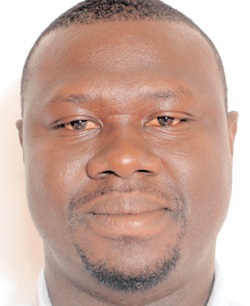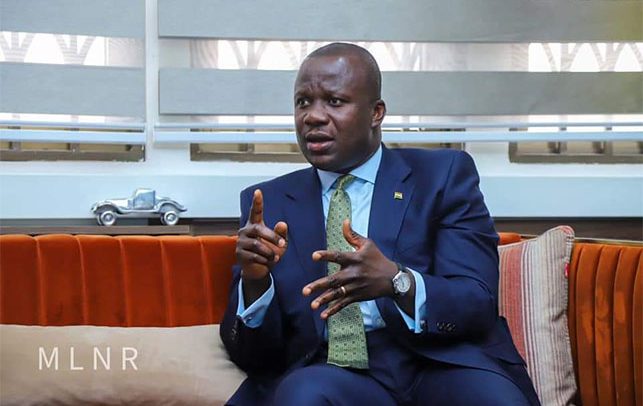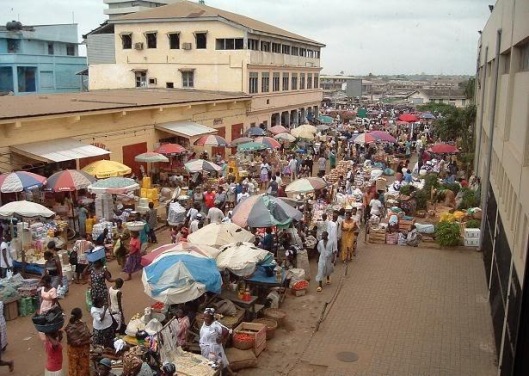
“I dedicate myself to the service and wellbeing of the people of the republic of Ghana and to do right to all manner of persons”- HE President John Dramani Mahama, during his swearing-in on 7/01/2025.
As Ghana embarks on an ambitious journey to build a 24-hour economy, the spotlight falls on a vital yet often overlooked component of workforce productivity: the Employee Assistance Program (EAP). Recognized globally as a cornerstone of employee well-being, EAPs have the potential to be transformative in driving the socio-economic growth and productivity
needed for this bold vision.
The Role of EAP in a 24-Hour Economy
A 24-hour economy requires a workforce that is resilient, adaptable, and supported both physically and mentally. Employees working across shifts, tackling tight deadlines, or managing the pressures of a high-demand work environment face significant stress, burnout, and diminished productivity.
This is where EAPs emerge as a game-changer. By providing employees with access to confidential counselling, mental health and well-being resources, and in-the-moment support systems to address personal and work-related challenges, EAPs foster a healthier, more focused, and engaged workforce.
EAPs act as a safety net, ensuring that the Human Capital driving the 24-hour economy remains strong and sustainable.
Beyond the workplace, EAPs have a ripple effect on national development. A mentally and physically healthy workforce directly contributes to socio-economic growth.
By reducing absenteeism, enhancing job satisfaction, and improving overall productivity, EAPs ensure that employees thrive in their roles. This creates a domino effect: higher organizational performance, increased tax revenue, and a more robust economy.
The Context of Ghana’s Economy Reset
The 24-hour economy concept was a key campaign message for John Dramani Mahama and the National Democratic Congress (NDC). With Mahama’s recent electoral victory by over 57%, this bold economic vision is set to take centre stage. While many attribute his win to dissatisfaction with the previous government, the idea of a 24-hour economy resonates with the aspirations of Ghanaians for sustainable economic growth and job creation.
The 24-hour economy is not entirely new in Ghana. Industries such as healthcare, transportation, hospitality, and customer services have long operated on this model. The NDC government’s renewed focus seeks to expand this framework, creating sustainable jobs and reducing unemployment.
This policy intervention is timely, given the global shift toward round-the-clock economic activity driven by advanced technology, e-commerce, and the rise of gig jobs. However, as this economic transformation accelerates, so do the challenges for workers navigating irregular schedules, long hours, and increasing stress levels.
The Missing Link: Employee Assistance Programs
While the proposed 24-hour economy reset presents opportunities, it also underscores the need for robust support systems. Without adequate attention to the “Human Factor,” the associated stressors can lead to burnout, absenteeism, and lower work performance, ultimately undermining the initiative’s success.
This is where EAPs come into play. President John Dramani Mahama in his Inaugural speech stated: “This vision extends beyond mere economic transactions. It symbolizes empowerment— the empowerment of every Ghanaian to contribute to our national progress.” This statement underscores the essence of EAPs, which empower individuals to overcome challenges, balance work and life demands, and contribute fully to national development.
EAPs provide round-the-clock confidential counselling, crisis management services, and practical assistance for personal, family, and work-related issues. These programs foster a culture of support and resilience, essential for employee well-being and long-term business success.
In a 24-hour economy, EAPs are not just supportive; they are indispensable and a Lifeline. which ties the vision of empowerment to the transformative role of EAPs, reinforcing their critical importance in Ghana’s evolving economy.
Global and Local Lessons
South Africa provides an illuminating example. Over the past two decades, the country has integrated EAPs into its workforce strategy, recognising their importance in addressing social and economic disparities. These initiatives have enhanced workforce productivity, reduced costs associated with workplace stress and health issues and fostered a more inclusive economic environment.
Similarly, countries like the UK, US, Canada, and Australia have demonstrated the impact of EAPs in their workforce strategies. For instance, Canada’s partnership with organizations to promote EAPs as part of its national mental health framework has yielded measurable improvements.
Studies reveal a 25% reduction in absenteeism and a 32% increase in job satisfaction among employees utilizing EAP services. These initiatives, including financial and legal counselling, as well as 24/7 mental health crisis support, have reduced turnover rates and contributed to sustained economic growth.
In Ghana, the post-COVID-19 era has seen a rise in EAP adoption. Industries such as mining banking, and healthcare are signing onto professional EAP services provided by organizations like Supreme Healthcare Management Services/EAP-Africa. Notably, Korle Bu Teaching Hospital recently launched an in-house EAP, making it the first public sector
institution in West Africa to formally operate such a program.
These efforts signify a growing recognition of EAP’s importance in addressing workforce well-being.
Economic Benefits of EAPs
Studies worldwide show that for every dollar invested in EAPs, there is a return of up to $10 through improved productivity and reduced absenteeism, healthcare, and turnover costs.
In Ghana, recent research indicates that for every 1 cedi invested in mental well-being initiatives, there is a 7-cedi return on investment. This translates into a more competitive economy, attracting foreign investment and bolstering local industries.
Strategic Implementation
To truly harness the power of EAPs, Ghana must:
• Mandate EAP Integration: Include EAPs as a requirement in labour policies for both public and private sectors.
• Educate Stakeholders: Conduct awareness campaigns highlighting the benefits of EAPs for employers and employees alike.
• Invest in Infrastructure: Build a robust network of trained counsellors, mental health professionals, and support systems to meet diverse workforce needs.
• Leverage Technology: Introduce digital platforms to make EAP services accessible to employees in remote areas or working unconventional hours.
Conclusion
The 24-hour economy is a vision of endless possibilities, but its success hinges on the strength and well-being of Ghana’s workforce. EAPs are more than workplace services; they are the heartbeat of this economic transformation, driving productivity, enhancing resilience, and building a nation ready to thrive in a globalized world.
By integrating EAPs into the 24-hour economy reset, Ghana can set a powerful precedent, proving that the
key to sustainable growth lies in the health and happiness of its people.
Authors:
Patience Osekre and Hannah Adjei-Mensah
[email protected] / [email protected]
The post Employee Assistance Programmes: The heartbeat of a 24-hour economy first appeared on 3News.
Read Full Story



















Facebook
Twitter
Pinterest
Instagram
Google+
YouTube
LinkedIn
RSS